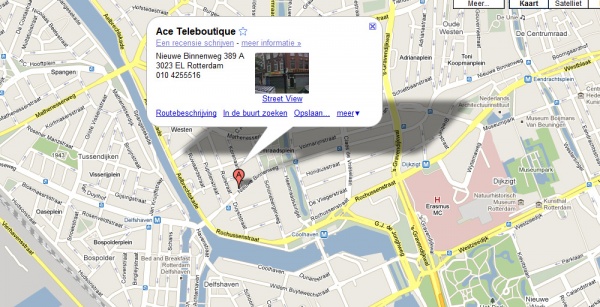The BELHUIS show page: Difference between revisions
No edit summary |
No edit summary |
||
| Line 18: | Line 18: | ||
While some of you might want to concentrate on Bartholl's original proposal, others might want to make more site/social specific projects which relate to the environment. Put simply and phrased somewhat as a "false" dichotomy: you can approach the project based on the formal context or the social context. Of course in practice, the divide is never that clear, but maybe these temporary conceptual polarities might help you refine what you want to do. | While some of you might want to concentrate on Bartholl's original proposal, others might want to make more site/social specific projects which relate to the environment. Put simply and phrased somewhat as a "false" dichotomy: you can approach the project based on the formal context or the social context. Of course in practice, the divide is never that clear, but maybe these temporary conceptual polarities might help you refine what you want to do. | ||
== Practical == | == Practical == | ||
| Line 25: | Line 24: | ||
No one liked the idea of splitting up the show. So there will be no simultaneous exhibition at the PZI building. This means that whatever venue we pick will need to have space to accommodate both hardware and software driven projects. | No one liked the idea of splitting up the show. So there will be no simultaneous exhibition at the PZI building. This means that whatever venue we pick will need to have space to accommodate both hardware and software driven projects. | ||
== Things to do == | == Things to do == | ||
Revision as of 18:51, 7 December 2010
The BELHUIS show page
When : December 17th 2010 (to confirm)
Where : Ace Teleboutique (Nieuwe Binnenweg 389 A, 3023 EL Rotterdam [010 4255516])
Who : students of the Networked Media Program @ Piet Zwart Institute
Conceptual
Aram Bartholl originally conceived the Speedshow as a quick, light and relatively inexpensive means of creating an internet art exhibition. Not relying on traditional channels, meaning the privacy of one's own laptop or a gallery space, the show alights on internet cafes, works within the limitations and possibilities of these spaces, promotes internet art and temporarily mixes different audiences (meaning those who want to use the internet cafe for email, surfing and chats, and those who come to see an internet art exhibition. In Bartholl's description he writes:
"All art works of the participating artists need to be on-line (not necessarily public) and are shown in a typical browser with standard plug-ins. Performance and life pieces may also use pre-installed communication programs (instant messaging, VOIP, video chat etc). Custom software (except browser add-ons) or off-line files are not permitted. Any creative physical modification to Internet cafe itself is not allowed. The show is public and takes place during normal opening hours of the Internet cafe/shop. All visitors are welcome to join the opening, enjoy the art (and to check their email.)"
For Bartholl, the restraints/possibilities that participants need to take into consideration are time, software, hardware and a space which cannot be altered. In many respects, it is the physical framework rather than a theme which constitutes the perimeters of the exhibition. But as many of you noted, there are other elements which can be taken into consideration when working within such a space. A belhuis is also a site where various social texts intersect. Each are unique in their own way, situated within Rotterdam culture and cater to specific needs and users.
While some of you might want to concentrate on Bartholl's original proposal, others might want to make more site/social specific projects which relate to the environment. Put simply and phrased somewhat as a "false" dichotomy: you can approach the project based on the formal context or the social context. Of course in practice, the divide is never that clear, but maybe these temporary conceptual polarities might help you refine what you want to do.
Practical
In our meeting, it seems we all agreed that a central location is crucial. This means we will use one belhuis as the gathering point. Note: That does not preclude someone from working in different belhuizen, but it does mean that in one way or another, your project should feed back into the main location.
No one liked the idea of splitting up the show. So there will be no simultaneous exhibition at the PZI building. This means that whatever venue we pick will need to have space to accommodate both hardware and software driven projects.
Things to do
A location has to be chosen. When Danja returns from Israel, I will check out the two venues which where mentioned during our group meetingAce Teleboutique FTW!
- Once a site has been chosen, and we have a better overview of the facilities and space, we will need to divide computer time / space and find a way that the works can flow.
Some sort of general site for the exhibition needs to be set up where the announcer can go, list of participants and documentation can be displayed.Laurier
- A simple text email announcer needs to be designed (the Piet Zwart mailing list is always sent in simple text :-)
- We will need some help preparing for the opening/closing of the exhibition....
- Olia has been working with BA students and a few will be selected to screen their projects on one of the computers. So we should plan some space/time for them too.

